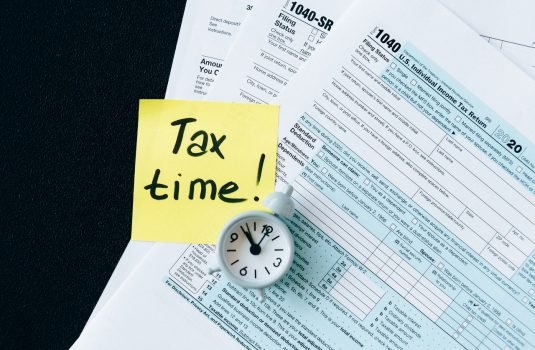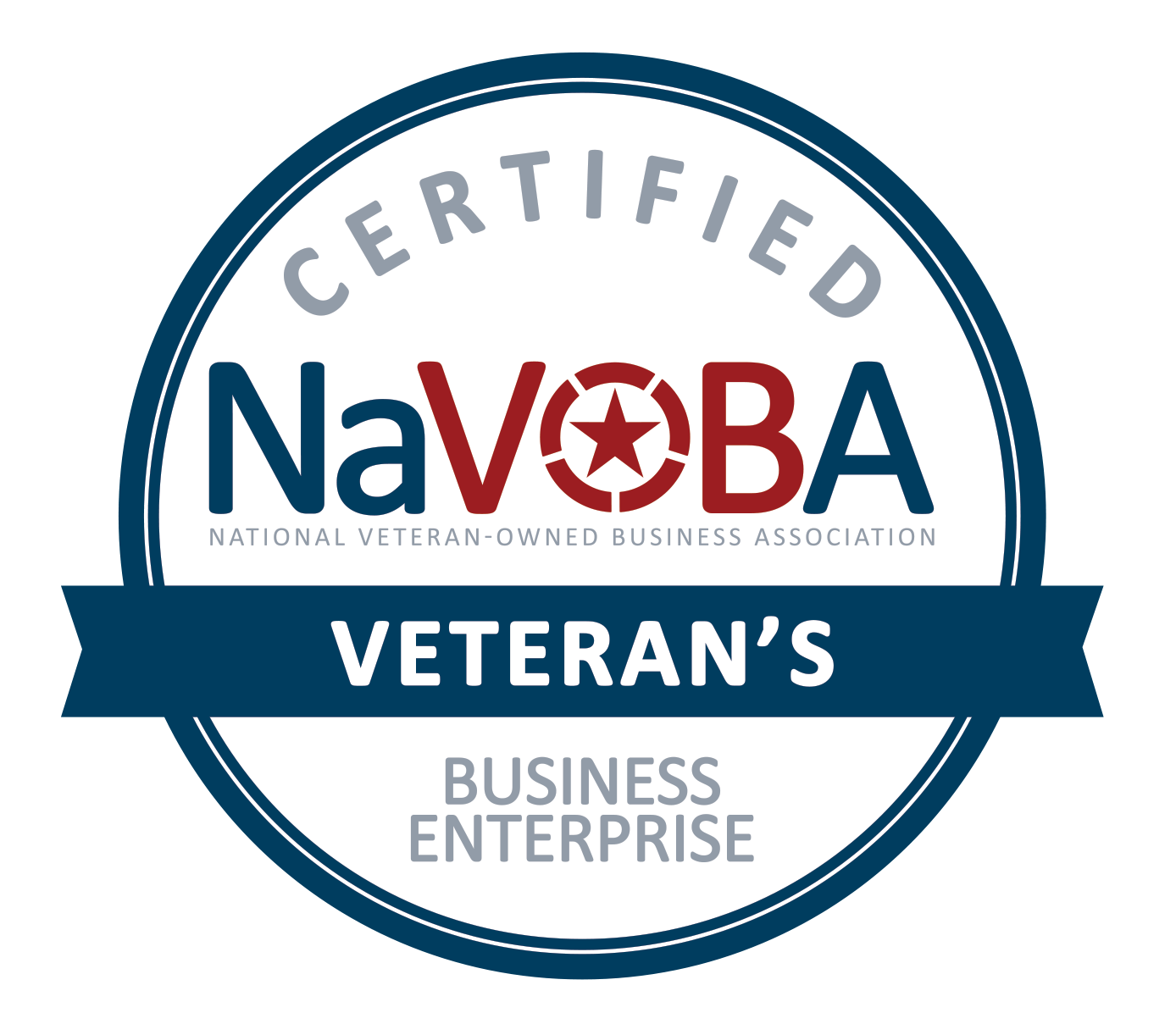Working as a travel nurse comes with a lot of perks and benefits that you don’t get working as a regular staff nurse. You have more freedom, more choices and experiences, and usually a higher paycheck. But does having more money come with a price? Does the price you have to pay actually come in a form of tax? Let’s break this down and find out how to handle tax as a travel nurse.
As a medical worker, you travel more than the average person does, and therefore it is inevitable to encounter some questions along the way that do not even come to mind to most of the people you know.
Here are some of the most frequently asked questions regarding travel nursing taxes.
What should I know about paying taxes as a travel nurse?
The good news first! There are non-taxable and taxable incomes. As a travel nurse, you qualify for quite a few non-taxable incomes. How come? Your total pay consists of your base pay and additional payments. It is important to know that your base pay is the part of your income that is taxable and that the additional payments are not. So, non-taxable payments are expense reimbursements that are not considered income, such as, household stipends, expenses covering meals, and any work-related costs. It depends on your medical healthcare agency what exactly falls into this category, and to what amount.
How do I prove I am eligible for a tax return?
To be able to get the IRS to write off these expenses as non-taxable, you have to prove first that you are eligible for write-offs. How do you prove that? By keeping records and copies of all of your official documents such as your travel nursing contracts, bills, work-related courses you attended, and any payments you had that occurred during your travel nursing assignment. This is one of the most important things you’ll have to do if you want to qualify for a tax return.
What is a tax home?
This part might be a bit trickier to understand from the legal point of view, but nevertheless, it is truly important that we do. A tax home can be defined as your permanent home. A tax home is a place of residence where you’re registered to vote, the address in your official IDs, the place you pay all the taxes for. But, the problem is that as travel nurses, we don’t stay put for a long time and oftentimes change our addresses.
Make sure that it’s always clear where your tax home is. If you don’t visit your place of permanent residence at least once in 12 months, or you can end up paying your taxes in some other country.
So, how can the government know what to charge and include in your taxes? Well, it cannot unless you provide the proof that this indeed is legally your home. So, that’s why keeping all of your documents and receipt copies matters.
By providing the IRS with the copies of expenses incurred during your travel nursing assignment you are proving that you were paying “double” expenses and becoming qualified for tax return.
Should I be worried about audits?
No, as long as you keep your records clean and follow the law. Yes, there is a higher possibility that you will be audited more as a travel worker but it is no concern if you handle everything legally and transparently.
What if I still have tax return questions?
There are a lot of apps that are made to help you track and keep your documents neat at all times. Try out some of them.
If this is too much information to process, you can always ask for professional help and hire a Certified Public Accountant (CPA) to assist you with bureaucracy.
Takeaways
- Only professional expenses qualify for a tax return.
- Do not forget to file a non-resident tax return for every state your work in.
- Save all of your documents and receipt copies.
- Make sure to always be clear where your tax home is.
Please always contact your tax consultant for tax advice. We know it can be exhausting sometimes, but at the end of the day, it pays off – just like it pays off to be a part of our Ventura MedStaff team.











